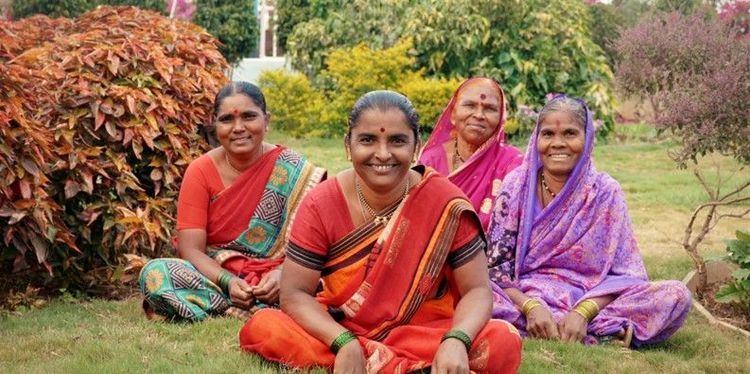Gender-inclusive initiatives from Maharashtra, India
Contributed by Dr Meera Mehta, Dr Dinesh Mehta, Dhruv Bhavsar, Aasim Mansuri, Arwa Bharmal and Saubiya Sareshwala, CWAS-CEPT University

Contributed by Dr Meera Mehta, Dr Dinesh Mehta, Dhruv Bhavsar, Aasim Mansuri, Arwa Bharmal and Saubiya Sareshwala, CWAS-CEPT University
